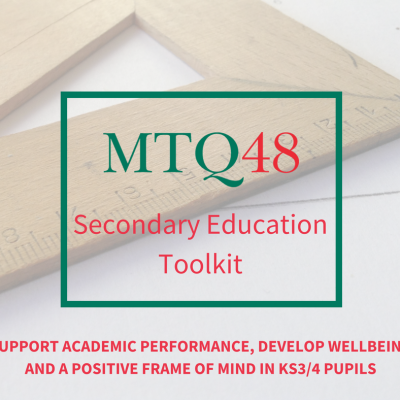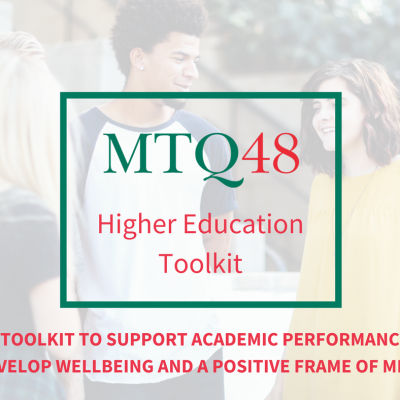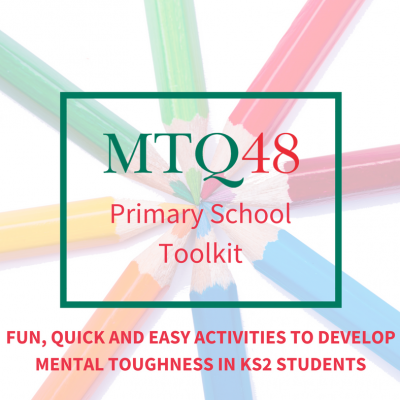Education & Young People
Description
One of the most valuable and interesting areas of application for the Mental Toughness concept is creating flourishing citizens for tomorrow. Research shows that, in terms of their Mental Toughness profile, young people are not yet mature. This develops progressively from the early years but not all at the same rate. We see three main stages: Junior (to age 10 years), secondary/high school (11- 17 years), and FE/HE (18+ years).
Creating awareness of the Mental Toughness profile and directing intervention can both accelerate growth for many as well as widen the number who do grow. At each stage of Education, we see similar concerns emerge for which the Mental Toughness concept can be a significant part of the solution.
Performance – Explaining c25% of the variation in performance between individuals.
Wellbeing – Taking stressors in their stride, managing anxieties, sleeping better and dealing with bullying.
Positive Behaviour and Agility – Responding more positively to change and adversity, improved attendance and staying on top of assignments.
Openness to Learning – More aspirational, managing risk, exploring, and seeking new experiences.
Transition – Handling transition better between Junior and Secondary Education and into Further Education and Higher Education.
In addition, there are areas where there are benefits in applying Mental Toughness development including:
Employability – A specific form of transition where young people must prepare for a very significant change in their lives and prospective experiences. Studies show a close correlation between employability and Mental Toughness.
Retention/Completion – Dropout and non-completion of courses in Higher Education can be significant. This correlates with lower levels of Mental Toughness. Assessing and supporting students reduces this dramatically.
Note that the most successful interventions include staff and leadership development. This is key to creating a culture where students can prosper.
How We Can Help
Measure
Our models, psychometric measures and tools provide a menu from which educators can select ingredients for their development programmes. Mental Toughness, in particular, is increasingly used as a measure of mindset and change in mindset. This can be an outcome as well as an enabler in terms of improving performance, wellbeing and positive behaviour.
Analyse
The measures provide the diagnostic capability, which, together with a programme of targeted interventions based on their mental toughness results students can be:
- Better prepared for what life ‘throws at them’ and be able to bounce back from setbacks.
- Be more resilient, more organised and able to plan their life better.
- Adopt positive thinking and cope better with difficulties and challenges.
Develop
AQR has developed a range of programmes that help attend to development needs that emerge from using the models and measures in an education setting. These can be delivered directly by the AQR Team or by training Teachers, Tutors, Mentors And Coaches who can direct interventions supported with toolkits which include a full range of supporting resources and materials.
Contact Us for more information.




